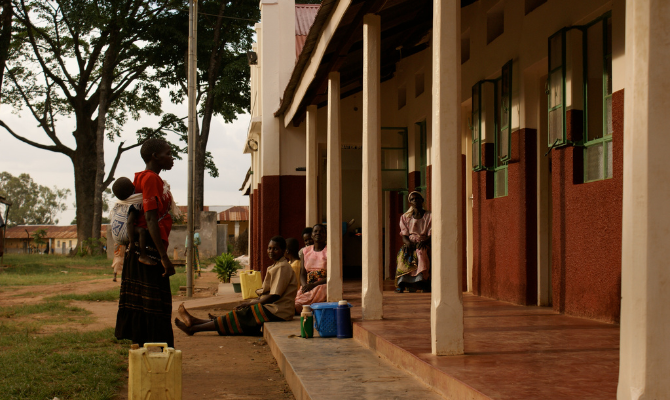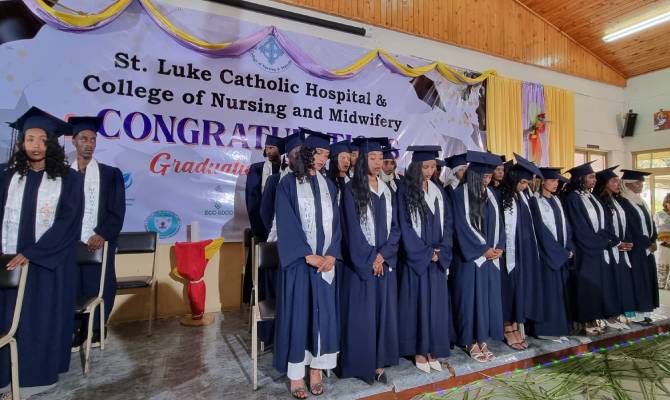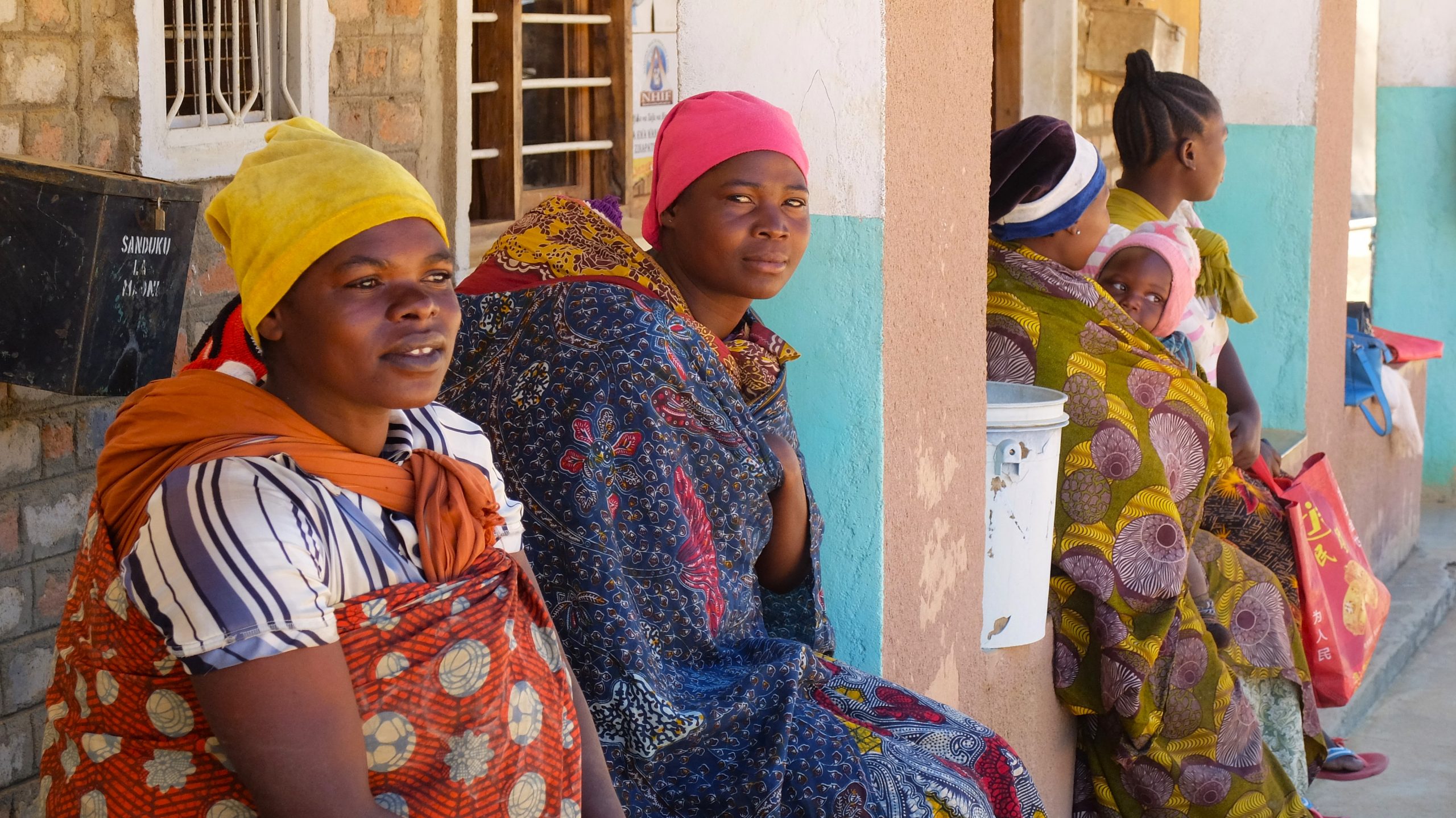July marks the Disability Pride Month, but that can mean various things to different people worldwide. In Africa alone, more than 80 million people are disabled, according to the United Nations, including those with mental health conditions as well as birth defects and other physical impairments.
Disability is an umbrella term, covering impairments, activity limitations and participation restrictions. Impairments are problems in body functions or structures while activity limitations are difficulties encountered by an individual in executing tasks or actions. In other words, disability is not just one health problem. It is a complex phenomenon, reflecting the interaction between features of a person’s body and features of the society in which he or she lives.
Stigmatization of disabilities remains a major issue across Sub-Saharan African countries leading to significant disadvantages such as poor access to health services and education, social exclusion and abandonment. For many of Africa’s disabled, assistive devices such as wheelchairs, crutches, hearing aids and prosthetics are either not readily available or unaffordable. In addition, people with disabilities often do not receive the needed health care and approximately half cannot afford it.
People with disabilities encounter a range of barriers when they attempt to access health care including prohibitive costs, limited availability of services, physical barriers and inadequate skills and knowledge of health workers.
The Rehabilitation Centre of Mother Teresa Verzeri, in Ivory Coast is a point of reference for the treatment of children with severe psychomotor disorders. We have visited the centre and met Sister Gwladys, the coordinator.
It was 2015 when Sister Gwladys started running the Rehabilitation Centre of Mother Teresa Verzeri, a point of reference in the Eastern Ivory Coast for the treatment of children with severe psychomotor disorders. Raising awareness on the topic is crucial to overcome cultural beliefs and taboo regarding disabilities and bring about a social change.
“I try as much as possible to do awareness-raising work regarding these diseases by periodically going to villages, churches, and mosques and talking in the local radio stations, spreading my work number so that those in need can contact me” states Sister Gwladys – Coordinator at the Rehabilitation Centre of Mother Teresa Verzeri.
FBOs play a key role in health service delivery across African countries, often being the only healthcare providers in hard-to-reach communities. Doctors with Africa CUAMM believes that FBOs need to be supported and included in local health system strengthening interventions, through respectful engagement, training, capacity building programs and collaborative research. For this reason, CUAMM has been supporting 35 Catholic Congregations in 25 African countries since 2019.





